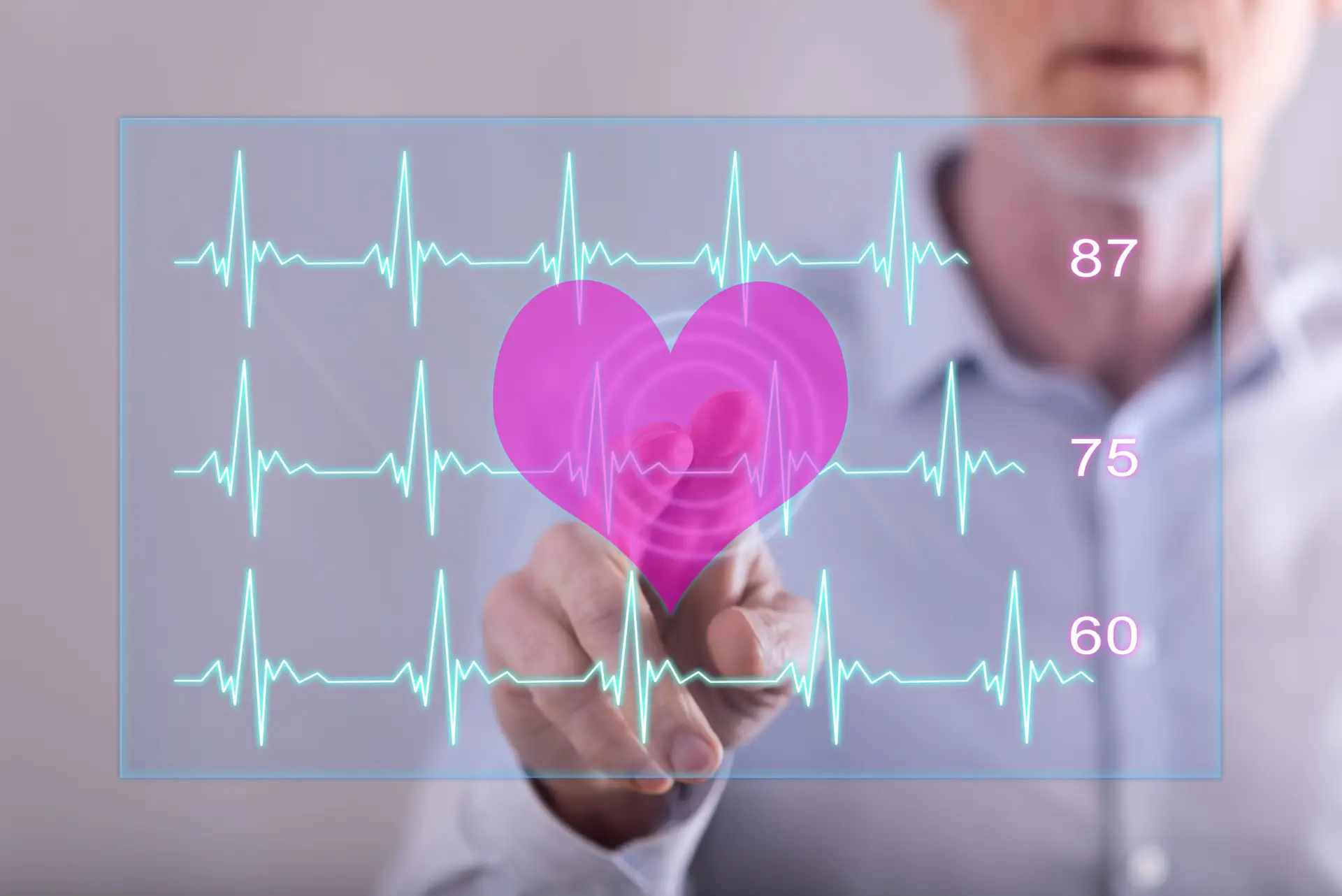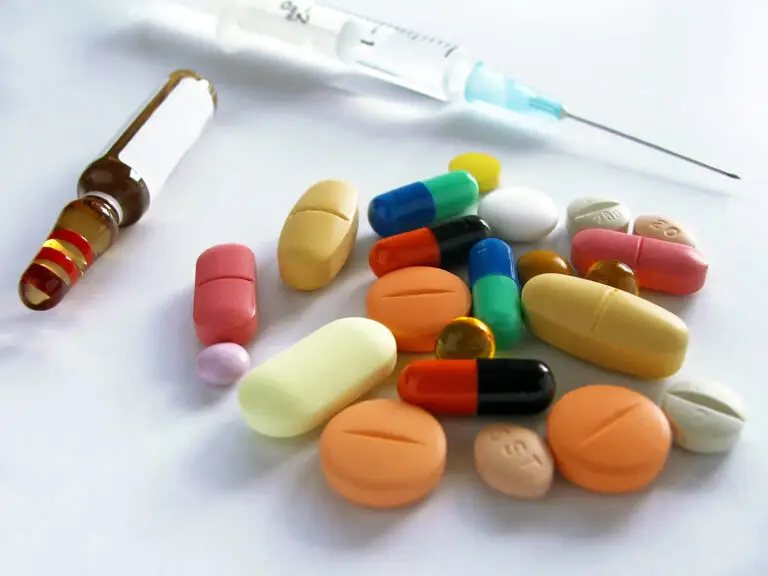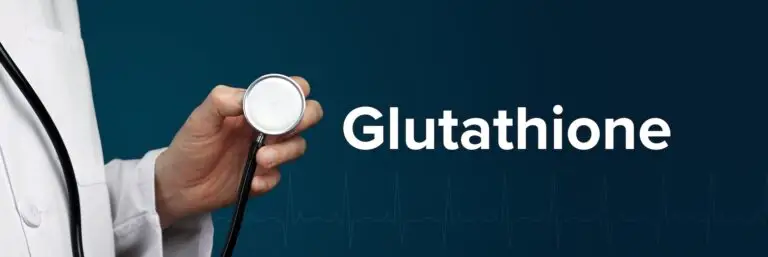Managing Irregular Heart Beat with Modern Therapies
Arrhythmia, commonly referred to as an irregular heart beat, is a condition that affects millions of people worldwide. It can range from being harmless to potentially life-threatening, depending on its type and severity. In this comprehensive guide, we will explore what arrhythmia is, its causes, treatment options, and how intravenous (IV) therapy can play a crucial role in its management.
What is Arrhythmia?
Arrhythmia is a condition characterized by an irregular heart beat. This can manifest as the heart beating too quickly (tachycardia), too slowly (bradycardia), or with an irregular pattern. The heart’s rhythm is controlled by electrical signals, and any disruption in these signals can lead to arrhythmia.
There are several types of arrhythmias, including:
- Atrial Fibrillation (AFib): This is the most common type of arrhythmia, where the upper chambers of the heart (atria) beat irregularly and often rapidly.
- Ventricular Fibrillation: A serious condition where the lower chambers (ventricles) quiver ineffectively, which can lead to sudden cardiac arrest.
- Bradyarrhythmias: Slow heart rhythms that can result from issues with the heart’s electrical pathways.
- Supraventricular Tachycardia (SVT): A rapid heart rate originating above the ventricles.
Symptoms of arrhythmia can vary but often include palpitations, dizziness, shortness of breath, chest pain, and fainting. Some people may experience no symptoms at all, making regular medical check-ups essential for early detection.
What are the Causes of Arrhythmia?
The causes of arrhythmia are diverse and can be grouped into several categories:
1. Heart-Related Causes
- Coronary Artery Disease: Narrowed or blocked coronary arteries can restrict blood flow to the heart, affecting its electrical signals.
- Heart Attack: Damage to the heart muscle from a heart attack can disrupt electrical pathways, leading to an irregular heart beat.
- Cardiomyopathy: Changes in the heart muscle due to disease or damage can interfere with the heart’s electrical system.
- Heart Surgery: Surgical interventions on the heart can sometimes lead to arrhythmias.
2. Lifestyle Factors
- Excessive Caffeine or Alcohol: Both substances can trigger arrhythmias by affecting the heart’s electrical activity.
- Smoking: Smoking increases the risk of developing an irregular heart beat.
- Stress and Anxiety: High stress levels can contribute to arrhythmias by stimulating the heart through the release of adrenaline.
3. Genetic Factors
- Inherited Conditions: Certain genetic mutations can predispose individuals to arrhythmias.
- Family History: A family history of arrhythmias can increase one’s risk.
4. Other Medical Conditions
- Hypertension: High blood pressure can lead to arrhythmias by causing changes in the heart muscle.
- Diabetes: This condition can damage the heart’s electrical system over time.
- Thyroid Problems: Both hyperthyroidism and hypothyroidism can cause irregular heart beats by affecting the body’s metabolism.
Understanding these causes is essential for the prevention and management of arrhythmia.
What is the Treatment of Arrhythmia?
Treating arrhythmia involves a multifaceted approach, including medications, lifestyle changes, and medical procedures. The goal of treatment is to control the heart rate, prevent blood clots, and reduce the risk of complications.
1. Medications
- Antiarrhythmic Drugs: These medications help control the heart rate and rhythm. They work by altering the electrical signals in the heart.
- Beta-Blockers: These reduce the heart’s workload and help control irregular heart beats by blocking the effects of adrenaline.
- Anticoagulants: Also known as blood thinners, these medications prevent blood clots and reduce the risk of stroke in patients with certain types of arrhythmia.
2. Lifestyle Changes
- Diet and Exercise: A heart-healthy diet and regular exercise can improve overall cardiovascular health and reduce the risk of arrhythmia.
- Avoiding Triggers: Limiting intake of caffeine and alcohol, and managing stress can help reduce episodes of irregular heart beat.
- Smoking Cessation: Quitting smoking can significantly reduce the risk of arrhythmia.
3. Medical Procedures
- Cardioversion: This procedure restores a normal heart rhythm through electrical shocks or medication.
- Catheter Ablation: Involves destroying the area of the heart that is causing the irregular heart beat using radiofrequency energy or cryotherapy.
- Pacemakers and Implantable Cardioverter-Defibrillators (ICDs): These devices help regulate the heart rhythm by delivering electrical pulses or shocks when needed.
How IV Therapy Can Treat Arrhythmia
IV therapy is an emerging and effective treatment option for arrhythmia. It involves administering medication directly into the bloodstream through an intravenous line, ensuring rapid and precise delivery.
Types of IV Therapy
- Electrolyte Replacement: This therapy corrects imbalances in electrolytes like potassium and magnesium, which are essential for maintaining a regular heart beat.
- Antiarrhythmic Drugs: Certain medications can be administered intravenously to quickly stabilize the heart rhythm.
- Beta-Blockers and Calcium Channel Blockers: These can be given via IV for immediate effect, especially in acute settings.
Benefits of IV Therapy
- Rapid Action: IV therapy delivers medication directly into the bloodstream, providing faster results compared to oral medications.
- Controlled Dosage: Allows precise control over the dosage, reducing the risk of side effects.
- Immediate Response: Particularly useful in emergency situations where immediate stabilization of the heart rhythm is required.
IV therapy is especially beneficial in hospital settings, where patients with severe arrhythmias can receive prompt and effective treatment.
IV Therapy for Arrhythmia
Arrhythmia, or an irregular heart beat, is a condition that requires careful management and treatment. Understanding the causes, symptoms, and treatment options is vital for maintaining heart health. While medications, lifestyle changes, and medical procedures form the cornerstone of arrhythmia treatment, IV therapy offers a promising approach for rapid and effective management of severe cases. Early detection and intervention are key to preventing complications and improving outcomes. If you experience symptoms of arrhythmia, it is important to seek medical advice promptly. Explore and include various IV Lounge’s IV Therapy that can keep your heart healthy.












